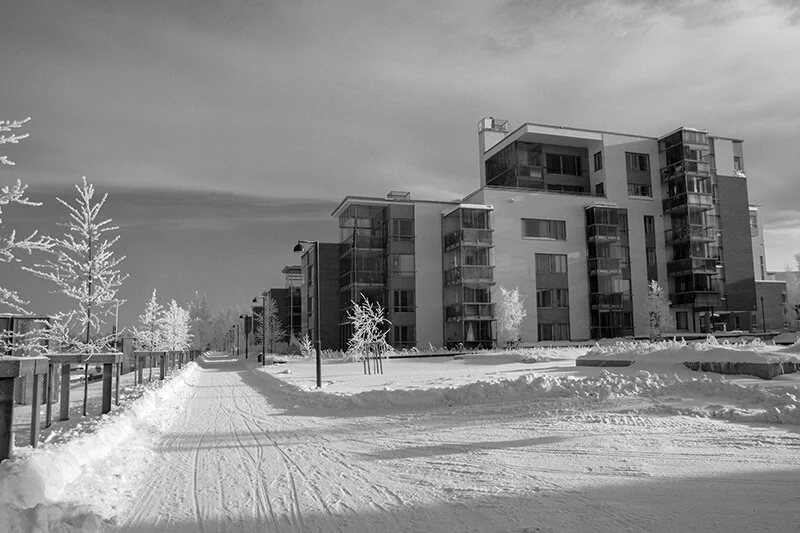Winterizing property is a useful practice to perfect. Commercial properties are just like any other type of property in that they must be properly prepared for the winter months. This is especially true in certain areas of the United States that are prone to harsh winter conditions like Utah and the Intermountain West. Cold temperatures and winter storms can severely damage your property if it is unprepared, which creates the need for costly repairs and loss of property value. This can be easily avoided by winterizing property that you own, both vacant and occupied.
Knowing the ins and outs of winterizing property comes through regular observation. This will help you to know when any aspect is damaged or needs addressing. Catching damage, leaks, or potential winter weather issues early can help save you money and time getting those things repaired. Being knowledgeable of the aspects of your property can help service and repair workers during the winter months as well.
Making sure your boiler or furnace is functioning properly can keep your property at a stable temperature during winter conditions. Whether your property is occupied or empty, many experts suggest leaving these machines on a low setting during the winter. Leaving your heater off during the winter months can cause the pipes to freeze and break. Winterizing property is the number one preventative measure of an unexpected pipe burst. A small winter heating bill is always less expensive than the cost of repairing broken pipes or other damage.
Pipes in unheated areas are susceptible to freezing temperatures. Remove as much water from the pipes as you can. Use heat cable along the pipes and cover them with wrap-around or slip-on pipe insulation in both occupied and vacant properties. It is a good idea to maintain a faucet dripping, allowing the water to move freely and continuously, preventing it from freezing.
However, be sure to shut off any outdoor faucets present on your property.
Eliminate drafts in all areas of your property. Gaps around windows and doors allow cold air into your property during winter, which can increase heating bills for your tenants or you if you occupy your commercial property. Making sure all exterior doors and windows have weather stripping and caulking, and sealing gaps can help eliminate these energy-wasting gaps.
Make sure your gutters are completely clear of leaves and other debris that may have fallen during the summer and autumn months. Clogged gutters can lead to water accumulating on your roof, causing leaks, freezing and potentially expensive water damage.
Be prepared for snowfall and snow storms if you live in an area that regularly receives snow or heavy winter precipitation. Order plenty of salt, keep shovels on hand, and make a plan for removal of winter precipitation from your property. Set up and review snow removal contracts and assure you have adequate protection. Make a plan to keep your walkways and other areas free of ice and snow accumulation. Problems happen more often than you'd think. Check out this forbes article about it.
If your commercial property has sprinklers or a similar irrigation system, you’ll need to properly winterize them to ensure damage doesn’t occur during the winter. Drain the irrigation system of water and shut down the control box until spring arrives.

Regularly inspect and check on all of these aspects of your property during the winter months, especially if you live in an area with harsh winter conditions. Regular check-ins will help you catch any cold-weather property issues sooner, if they happen. Winterizing property and taking these steps can save time and money on your commercial real estate investment.
If you need help preparing your commercial property for winter and keeping it running in top shape through all the coming ice and snow, contact us to winterize property for you to see how Rubicon's expert facility managers can keep your facility operating smoothly so you can focus on the business at hand.